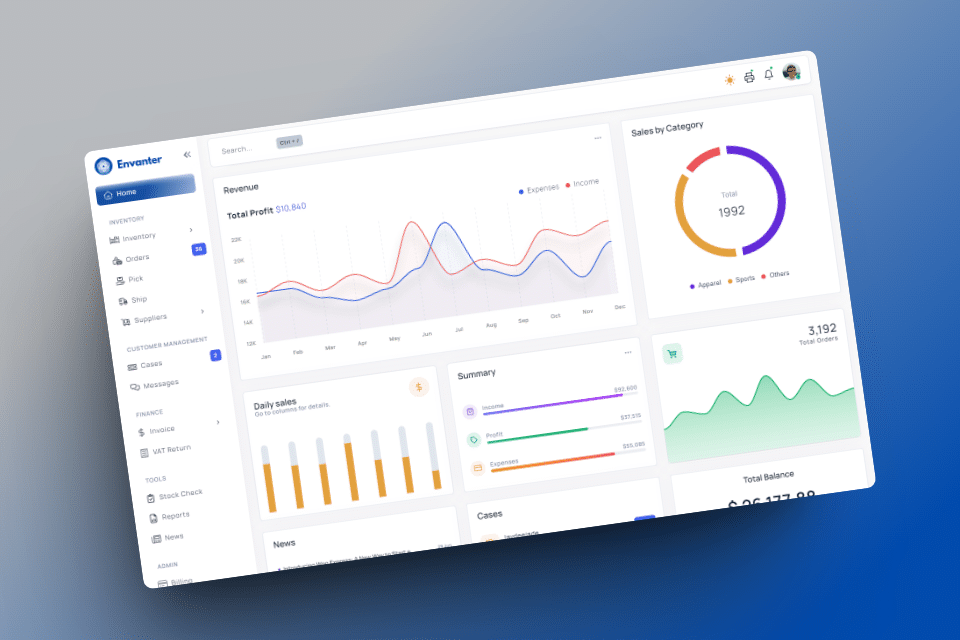Your Digital World
In Safe Hands
We are here to help you with every step of your digital journey
About Us
Sitesi is a digital marketing agency based in Rotherham, UK. We offer a wide range of services to help businesses of all sizes grow their online presence.
We have been in the game for over 5 years and have worked with a variety of clients from all walks of life. We are proud of our track record of success and are committed to providing our clients with the highest quality of service.
If you are looking for a digital marketing agency that can help you grow your business online, then Sitesi is the perfect choice for you.
Our Values
At Sitesi, we believe in the power of digital marketing to help businesses grow and succeed.
We are committed to providing our clients with the highest quality of service and the most innovative digital marketing solutions.
We are also committed to building strong relationships with our clients and helping them achieve their business goals.
What we offer
Web Development
We offer a comprehensive range of WordPress site build services to help you create a beautiful, professional, and user-friendly website that meets your specific needs.
Web Applications
With a background in PHP development, we have created various web applications that specifically serve the needs of clients and users.
Web Maintenance
Our team of experts will handle everything from security updates to performance optimisation, so you can focus on running your business.
E-Commerce
With 10+ years of experience in the E-commerce industry, we know the in's and out's of making a website that will keep customers coming back for more.
Web Hosting
Our web hosting is designed to give you the power and flexibility you need to create a successful website.
SEO
Be seen and be heard with our SEO plans. From organic SEO to PPC management, we can make your brand stand out from the competition.
Domain Names
We offer a comprehensive range of domain names to help you choose the right domain name for your business, register it, and keep it secure.
Email Marketing
With our in-house system, Posta, you can create and send email campaigns, track your results, and analyse your data to see what's working and what's not.
Our Clients
Latest Projects
Check out some of our latest projects with creative ideas.
- — Web Development
- — Web Development
- — Web App
- — Web Development
- — Website Upgrade
- — Web Development
What our clients have to say

Trish Lister
Founder, Start-A-Heart 24:7

Dawn Clarke
Owner, Dawn Clarke Designs

Pennie Hudson Ward
Chief Executive, ArchformByte

Helen Mayne
Founder & Managing Director, Feelwells

Helen Warman
Director, Coppergate Serviced Accommodation

Roslyn Wood
Owner, Roslyn Jewellery

Jolene Faruqi
MD, Bawtry Natural Health













